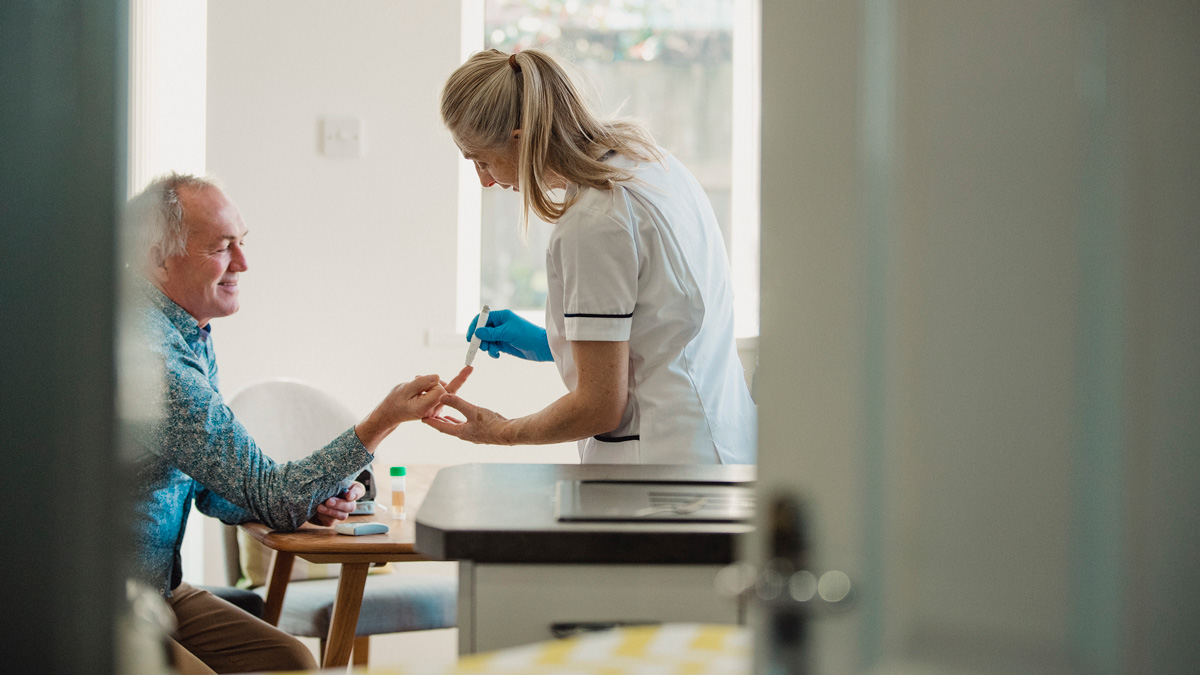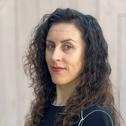StartUp Health takes a multidisciplinary approach to fight type 1 diabetes

David Weingard, chief impact officer of T1D Moonshot and founder of Cecelia Health, tells us how T1D Moonshot aims to break silos and advance type 1 diabetes prevention and treatment options by utilising numerous partners' expertise.
In the US alone, 37.3 million Americans live with diabetes, with 1.6 million having type 1 diabetes (T1D). Still, a scarcity of T1D treatments exists.
T1D Moonshot aims to change that by bringing knowledgeable partners together from various sectors of the healthcare community to explore innovative ways to prevent and treat T1D.
"Moonshots" within StartUp Health are large vision-based initiatives, similar to JFK's dream of landing a person on the moon and bringing them back safely, Weingard says. They are projects with bold goals around cancer and other diseases that StartUp Health portfolio companies are organised around.
"StartUp Health has 12 moonshots right now, and in working with the StartUp Health leadership, we realised that type 1 diabetes needs its own moonshot and dedicated focus," Weingard states.
"It's an incredibly challenging and devastating disease affecting the lives of millions of people worldwide. It really needs a community of transformer companies to help make an impact."
With the help of companies, such as Eli Lilly, Diabetes Research Institute, Yale University, and the Helmsley Charitable Trust, along with other nonprofit organisations, investors, experts and entrepreneurs, T1D Moonshot aims to develop and accelerate patient access to T1D prevention and treatment options globally.
The impact board
T1D Moonshot's "impact board" conjoins representatives from the world of investment, business, academia and foundations, aiming to accelerate innovation and improve efficiency in the overall T1D treatment development and distribution process.
"What the impact board does is help support the vision and ensure we're going in the right direction. For example, as we were forming the impact board, we realised and got feedback that we wanted to ensure that the Moonshot is accessible to all and addresses all socioeconomic groups and ethnicities. So, we thought hard about who to bring on," Weingard says.
The impact board comprises thought leaders such as Michael Mason of Eli Lilly, David Panzirer of the Helmsley Charitable Trust, and Sarah Oltmans of Robin Hood.
"Sarah Oltmans is the chief of grant strategy at Robin Hood, who adds her experience working in Africa and elsewhere to the impact board and makes sure that anything we do in preventing, managing and curing T1D is accessible to all," Weingard says.
Additionally, with Eli Lilly’s Mason as a board member, pharma's knowledge and resources are supplied to the cause, which can be invaluable.
"Michael Mason is leading a $12 billion a year franchise for Lilly, from molecules to devices. He knows what's missing in the T1D space. Also, there may be areas of innovation that Lilly is not going to invest in for whatever reason, and he'll bring that knowledge to the discussion," Weingard says.
Mason can share where he sees a need among specific populations for better access to T1D remedies globally or which companies can affect T1D Moonshot’s cause.
"What's really cool is as you drill down on the impact board members, you see nonprofits who have never worked together before. So, we're breaking down the silos," Weingard says.
"You have the largest nonprofit, the Juvenile Diabetes Research Foundation, their venture philanthropy fund, and Shaun Dougherty, their chairman, on the impact board. At the same time, we have Sean Kramer from the Diabetes Research Institute, the other nonprofit for T1D. So, the collaboration is exceptional."
The impact board meets formally during a quarterly meeting and informally in between.
These are only a few examples of the resources the organisation plans to utilise to ensure the research and development process runs smoothly and improve patient access to materialised T1D Moonshot solutions.
Call to action
Alongside the established alliances within T1D Moonshot, a community of investors has joined the group. Together, they're calling on innovators striving to make a change in the T1D space to join their cause.
The Moonshot’s investors are ready and able to fund projects deployed by younger companies that may not have the access and resources to scale their innovation.
"It's not only about the capital access. It's about bringing these innovative companies into the StartUp Health community, nurturing them, teaching them, guiding them and making connections for them," Weingard states.
"This is really an unbelievable opportunity for those entrepreneurs – they may be a doctor or a scientist – who don't know much about the business world. They can apply and be part of the Moonshot, and we can help accelerate them to be successful."
To provide a clear picture of T1D Moonshot’s perspective, the impact board created a scorecard, which is public, defining the blueprint needed to make an impact in T1D.
Weingard says if a company or individual is in the transformative part of the process, trying to make a real change, StartUp Health will want them in its community.
"This blueprint is something we worked on for the last six to eight months to really assess the whole industry and the science. We want to be prescriptive. There are people who want to make an impact but don't know what to do. Well, this is guidance for them," Weingard states.
"Now, all those places with R&D will have a place to become commercially enabled and be part of the commercial ecosystem. Even if we magically find a cure, that will require a whole army of companies to deliver it effectively – to screen, prevent, and manage."
The initiative is open to the global community, and capital will be deployed worldwide. Anyone can apply to join the team no matter where they reside. Weingard says the goal is for everyone to benefit from this cause.
"We're on the same mission. People are people. So, let's help everyone, and let's do it to ensure we give everyone access," Weingard states.
About the interviewee
 David Weingard is the founder of Cecelia Health (formerly Fit4D), a company that connects people with diabetes with a certified diabetes clinician. He's a T1D advocate, and for his work he was recently named the Dare to Dream Honoree by the Diabetes Research Institute Foundation. Weingard has Type 1 diabetes himself yet has been able to manage the disease while becoming an ironman triathlon athlete.
David Weingard is the founder of Cecelia Health (formerly Fit4D), a company that connects people with diabetes with a certified diabetes clinician. He's a T1D advocate, and for his work he was recently named the Dare to Dream Honoree by the Diabetes Research Institute Foundation. Weingard has Type 1 diabetes himself yet has been able to manage the disease while becoming an ironman triathlon athlete.
About the author
 Jessica Hagen is a freelance life sciences and health writer and project manager who has worked with medical extended reality (XR) companies, fiction/nonfiction authors, nonprofit and for-profit organisations and government entities.
Jessica Hagen is a freelance life sciences and health writer and project manager who has worked with medical extended reality (XR) companies, fiction/nonfiction authors, nonprofit and for-profit organisations and government entities.












